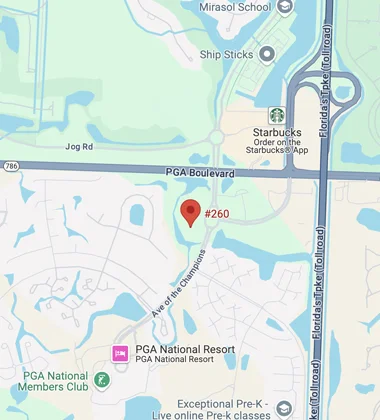Preventing Harassment in Construction Work

Harassment in the workplace can take a wide range of forms, from sexual harassment as an unlawful form of sex discrimination under state and federal law to harassment on the basis of race, religion, sex, or another protected characteristic or identity feature that results in a hostile work environment. These various forms of harassment can occur in any industry, and they are certainly not limited to any particular type of job or working environment. Just like other industries, the construction industry is a place where unlawful harassment of various types can occur, and the US Equal Employment Opportunity Commission (EEOC) recently released a new document designed to prevent harassment in construction work. Our Palm Beach Gardens employment discrimination lawyers can say more.
“Promising Practices for Preventing Harassment in the Construction Industry”
The EEOC document, titled “Promising Practices for Preventing Harassment in the Construction Industry,” is designed to highlight discriminatory practices that currently exist or are likely to occur in the construction industry, and to ensure that policies are in place to address discrimination when it does occur but, more importantly, to prevent it from happening in the first place. The document considers “systemic harassment” that occurs in the construction industry and focuses on “eliminating barriers in recruitment and hiring,” especially for individuals who are part of groups that tend to be underrepresented in the construction industry, including women.
It is important for employers and employees alike to recognize some of the risk factors that can make harassment more likely in the construction industry, especially sexual harassment. The document identifies the following as common practices or circumstances in the construction industry that are more likely to result in workplace where harassment occurs:
- Workforces made up of primarily male employees;
- Pressure in the workplace to conform to stereotypes about what construction workers look like and what they do; and
- Decentralized workplaces, meaning that various contractors and subcontractors often have employees working at a single worksite with no clear individual or place to report harassment.
Knowing Your Rights and Protections Against Harassment
The Florida Civil Rights Act (FCRA) and various federal laws protect employees in many Florida workplaces against different forms of harassment. When it comes to sexual harassment, the FCRA and Title VII of the Civil Rights Act of 1964 protect against both quid pro quo and hostile work environment sexual harassment. The FCRA also provides protections against various other bases of harassment, alongside federal laws including Title VII, the Americans with Disabilities Act (ADA), and the Age Discrimination in Employment Act (ADEA).
Whether you have been the target of harassment yourself at work, or you are being forced to work in a hostile work environment due to harassment, you may be able to file a claim and should discuss the situation with an experienced lawyer.
Contact a Palm Beach Gardens Employment Discrimination Attorney
If you have any questions or concerns about unlawful harassment at work and what options may be available to you, it is important to seek advice from an experienced Palm Beach Gardens employment discrimination lawyer at Sconzo Law Office as soon as possible. Contact us today to discuss the details of your case and to begin working on a claim.
Source:
eeoc.gov/newsroom/eeoc-releases-promising-practices-preventing-harassment-construction-industry#:~:text=The%20document%20identifies%20core%20practices,procedures%3B%20and%20regular%2C%20interactive%20training

